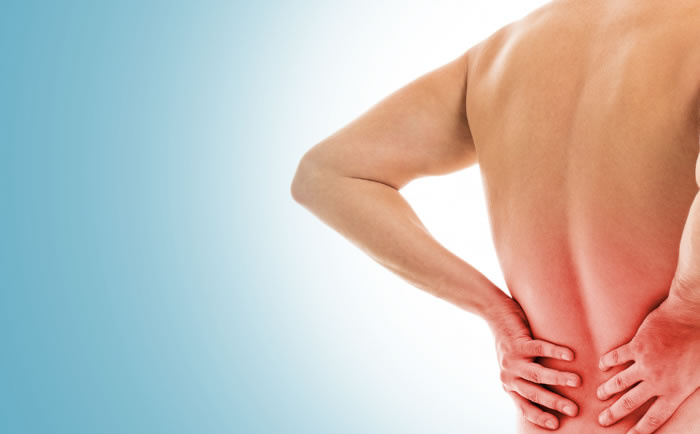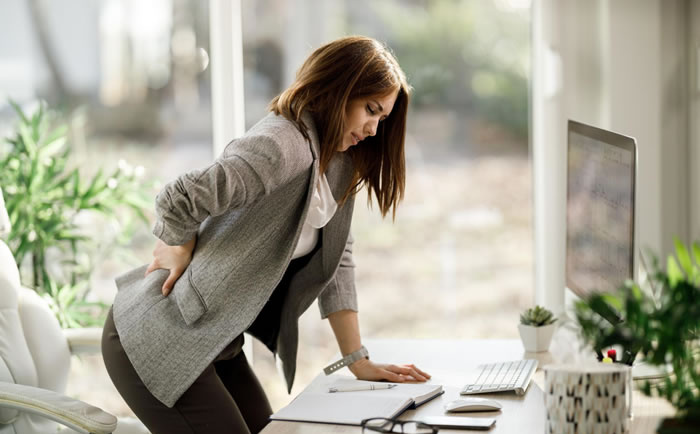In today’s fast-paced world, anxiety disorders have become increasingly common. Affecting millions of people worldwide, anxiety can take a severe toll on one’s mental health and overall quality of life. Fortunately, there are numerous methods to combat anxiety, ranging from therapy to medications. Recently, massage has gained significant attention as a holistic approach to relieving anxiety symptoms. This article delves into how massage therapy can provide relief for anxiety sufferers and explores the science behind this technique.
The Science Behind Massage for Anxiety Relief
Massage therapy is a practice that dates back thousands of years. It involves manipulating the body’s soft tissues, such as muscles, tendons, and ligaments, using various techniques to promote relaxation, reduce stress, and improve overall well-being. In recent years, studies have highlighted the effectiveness of massage in reducing anxiety symptoms.
Massage works by activating the parasympathetic nervous system, which is responsible for relaxation and digestion. When this system is engaged, it counteracts the sympathetic nervous system, which is responsible for the body’s fight or flight response. As a result, the body experiences reduced cortisol levels (the stress hormone), lowered blood pressure, and a decrease in heart rate, helping anxiety sufferers.
Moreover, massage can stimulate the production of endorphins, which are the body’s natural painkillers and mood elevators. These chemicals promote a sense of well-being, helping to alleviate feelings of anxiety.
Types of Massage for Anxiety Relief
There are numerous types of massage techniques that can be employed to alleviate anxiety. Some of the most popular methods include:
- Swedish Massage: This is the most common type of massage, involving gentle, long strokes, kneading, and tapping techniques. Swedish massage can help to relieve muscle tension, increase blood flow, and encourage relaxation.
- Deep Tissue Massage: This type of massage uses more pressure and targets the deeper layers of muscle tissue. Deep tissue massage can help to release chronic muscle tension, break up scar tissue, and improve range of motion.
- Aromatherapy Massage: This technique combines the use of essential oils with massage to promote relaxation and reduce anxiety. Lavender, chamomile, and ylang-ylang are some popular essential oils known for their calming properties.
- Hot Stone Massage: In this method, heated stones are placed on specific points of the body to help release tension and promote relaxation. The heat from the stones penetrates deep into the muscles, providing a soothing effect.
- Reflexology: This technique involves applying pressure to specific points on the feet, hands, or ears that correspond to different organs and systems within the body. Reflexology can help to reduce stress and anxiety by promoting relaxation and improving overall well-being.
How to Incorporate Massage into Your Anxiety Management Plan
- Consult with a professional: Before beginning any massage regimen, it’s essential to consult with a licensed massage therapist or healthcare professional. They can help you determine which type of massage is most suitable for your specific needs.
- Make it a regular part of your routine: To experience the full benefits of massage therapy, it’s crucial to incorporate it into your regular self-care routine. Aim for at least one massage session per month, or more frequently if possible.
- Combine with other anxiety-reducing techniques: Massage therapy is most effective when used in conjunction with other anxiety management strategies, such as therapy, meditation, exercise, and proper nutrition.
- Set the mood: Create a relaxing environment for your massage sessions by dimming the lights, playing soothing music, and using calming scents like lavender or chamomile.
Anxiety Sufferers Turn to Massage for Relief
Massage therapy presents a valuable, holistic option for anxiety sufferers seeking relief. By engaging the body’s natural relaxation response and stimulating the production of mood-enhancing endorphins, massage can help alleviate anxiety symptoms. Incorporating massage into a regular self-care routine, alongside other anxiety management strategies, can contribute to improved mental well-being and overall quality of life for those struggling with anxiety disorders.




1 Comments
Comments are closed.